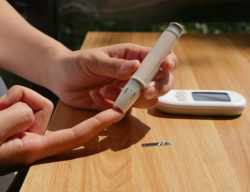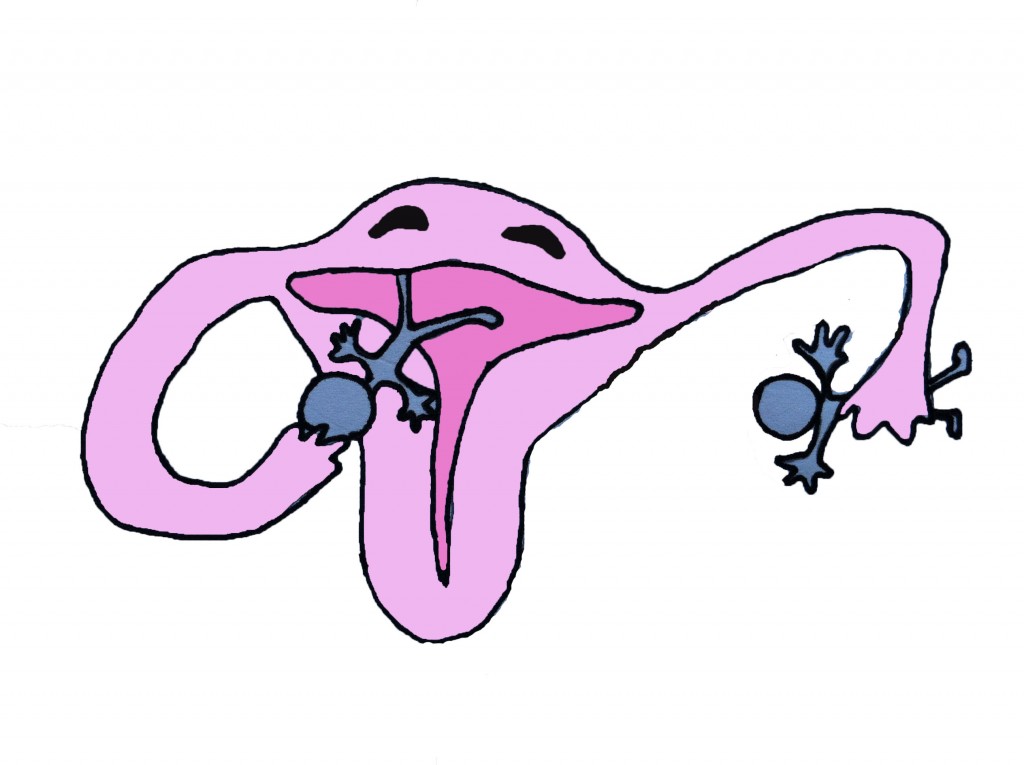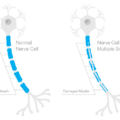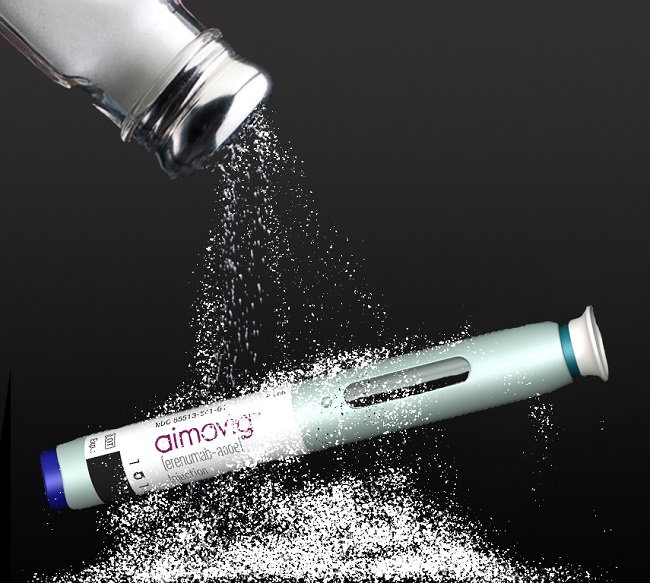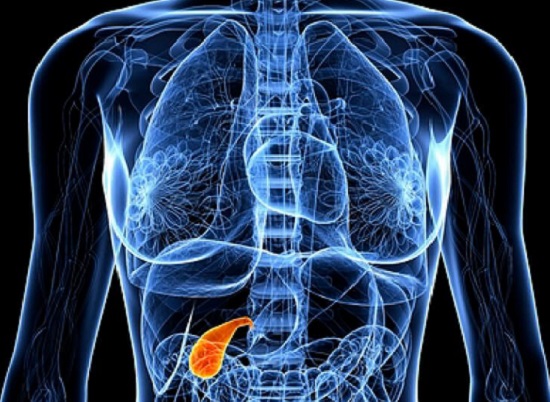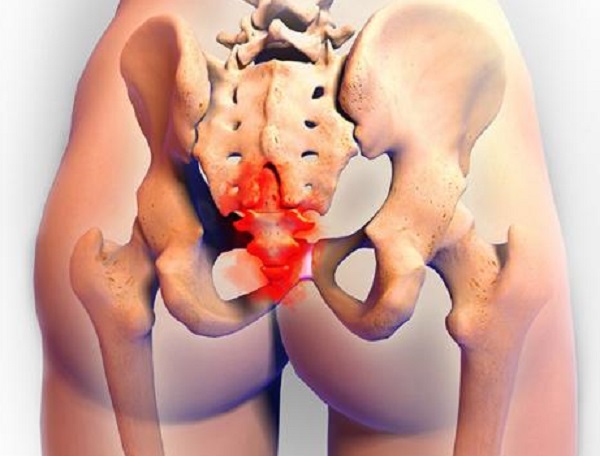Does it hurt when you have sex? What about when you pee? Maybe just riding a bike is uncomfortable. This pain or discomfort may be attributed to vaginal atrophy.
Vaginal atrophy, or atrophic vaginitis, is a medical condition that refers to the thinning, drying and inflammation of the vaginal walls. This change in the vagina is due to a loss of endogenous estrogens and may account for discomfort and pain that women feel during everyday activities, such as sex, urination, or exercise.
This condition causes the vaginal walls to become fragile, and good bacteria in the vagina are often replaced by harmful bacteria and fungi. Since the vaginal wall is more susceptible to small tears, the possibility for infection increases.
Endogenous Estrogens
Our bodies naturally make a variety of estrogens. The most common endogenous estrogen is estradiol, which is produced in a woman’s ovaries. The remaining endogenous estrogens include estriol, which is produced by the placenta during pregnancy; and estrone, which is made by the ovaries and the adipose tissue – which is just a nice term for body fat.
Turns out, thin women are more susceptible to vaginal atrophy, which makes sense. Thinner women don’t have as much adipose tissue, so they don’t produce as much estrone. Women with more meat on their hips, however, have more fat tissue, which means they have another means of producing endogenous estrogens should they ever need backup.
Where Did the Endogenous Estrogen Go?
A woman’s endogenous estrogens can be impacted a number of ways. The simple joys of womanhood can affect hormone levels: Estradiol and especially estriol, decline dramatically following childbirth. Estradiol also declines while breastfeeding, and at menopause. In fact, the Harvard School of Medicine reported that within a few years of menopause, 50% of women have symptoms of vaginal atrophy.
Cesarean. Think you’re out of the woods because you haven’t had a child? Studies show that women who have never given birth vaginally are also more likely to have vaginal atrophy, according to Mayo Clinic. This means women who have only had cesarean sections are prone to vaginal atrophy, also.
Smoking. Don’t light up in frustration just yet: Women who are smokers are also prone to vaginal atrophy, which may be due to reduced blood circulation in the vaginal walls.
Cancer. Various cancer treatments can also decrease the production of endogenous estrogens. An oophorectomy, or the surgical removal of the ovaries, is performed to reduce the risk of ovarian cancer, and undoubtedly impacts the production of estradiol. Women undergoing pelvic radiation and chemotherapy can also experience lower endogenous estrogen levels.
Certain breast cancers are sensitive to endogenous estrogens, especially estrone, which encourage the growth of breast cancer tumors. In order to deter tumor growth, breast cancer patients may be given drugs that suppress endogenous estrogens. Sexuality, Reproduction and Menopause published a study that found 90% of breast cancer survivors report sexual problems and symptoms of vaginal atrophy.
Communicate Your Concerns
Although 50% of postmenopausal women and 90% of breast cancer survivors have symptoms of vaginal atrophy, Dr. Deborah Coady, who is the co-authored of Healing Painful Sex, said studies show only 10 to 20% of women discuss vaginal discomfort and pain with their doctors.
In the past, doctors linked vaginal dryness and dyspareunia, or painful intercourse, to emotional problems, discarding the possibility of a physical or hormonal change occurring. Now, however, more doctors are being educated on vaginal atrophy and are in a better position to discuss changes to the vaginal wall.
Oncosexology is developing to properly educate oncologists and patients alike, so they can prepare for the hormonal and vaginal changes that are likely to occur as a result of various cancer treatments.
If your doctor doesn’t bring it up first, though, don’t hesitate to speak up. Dr. Coady recommends talking about any vaginal discomfort, dryness, or pain right away. The longer the pain persists, the more likely it will result in nerve pain and dysfunction of the pelvic floor, so it’s best to diagnose the problem right away.
Treating Vaginal Atrophy
There are a slew of over-the-counter and prescriptions treatments available for women, such as vaginal moisturizers, lubricants, and low-dose vaginal estrogen. A list of these can be found on the Harvard School of Medicine website.
As for natural remedies, Dr. Coady found the application of natural oils, such as vitamin E, safflower, olive, or coconut oil effectively hydrates the vaginal wall when used three or four times a day for a month or two. A friend of mine uses coconut oil as a lubricant during intercourse, and says it works well.
As it turns out, the Harvard School of Medicine notes that sexual intercourse and/or masturbation is also good for your vaginal walls. This sexual activity stimulates blood flow to the vaginal walls, promotes vaginal elasticity, and, when aroused, increases lubrication. The Journal of the American Medical Association published a study that found women who are sexually active report less vaginal atrophy than those who are not, so feel free to get the blood flowing.
If you think you are suffering from vaginal atrophy, don’t suffer in silence. There are ways to improve this condition, and it starts by consulting your doctor and tending to your vaginal wall.





